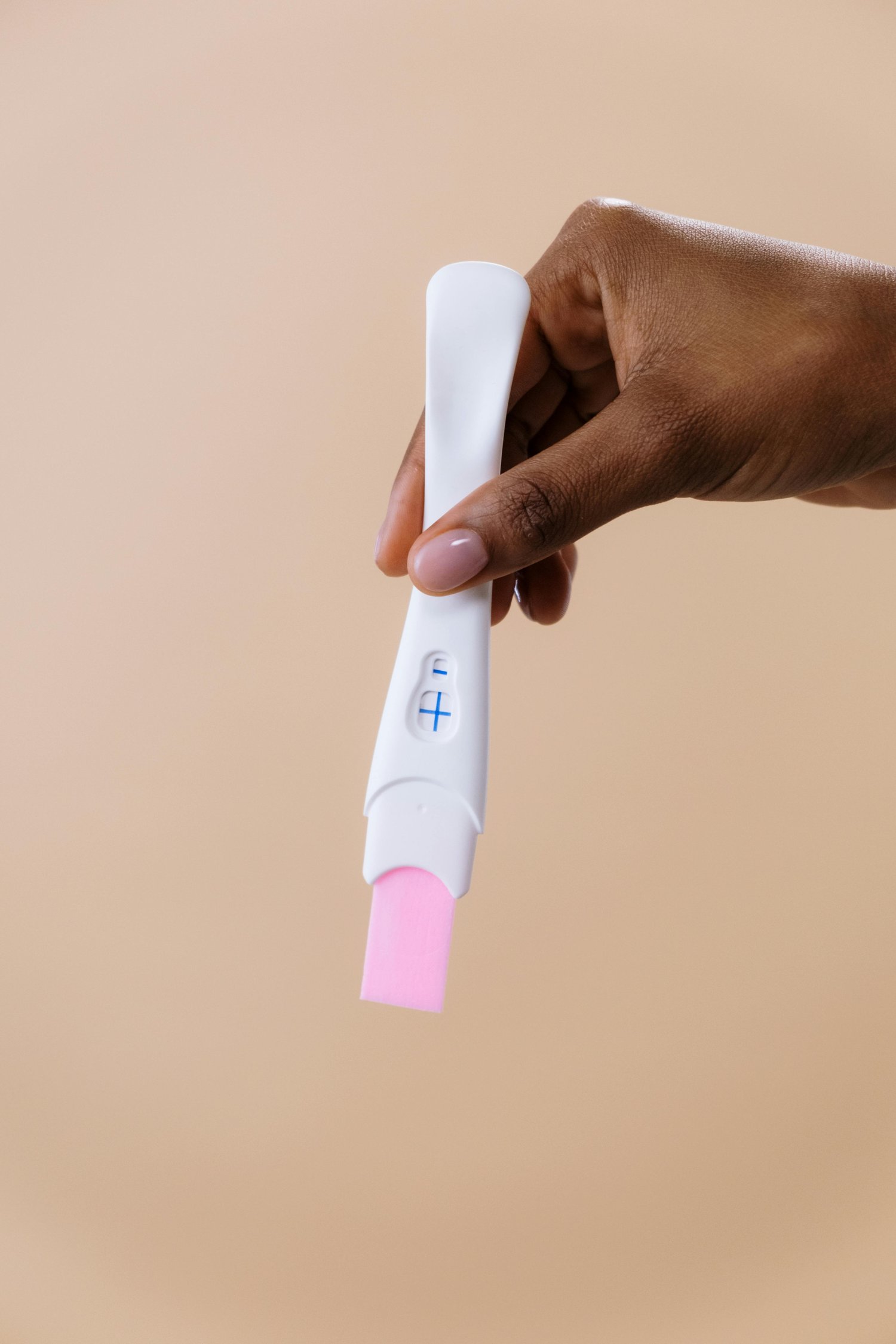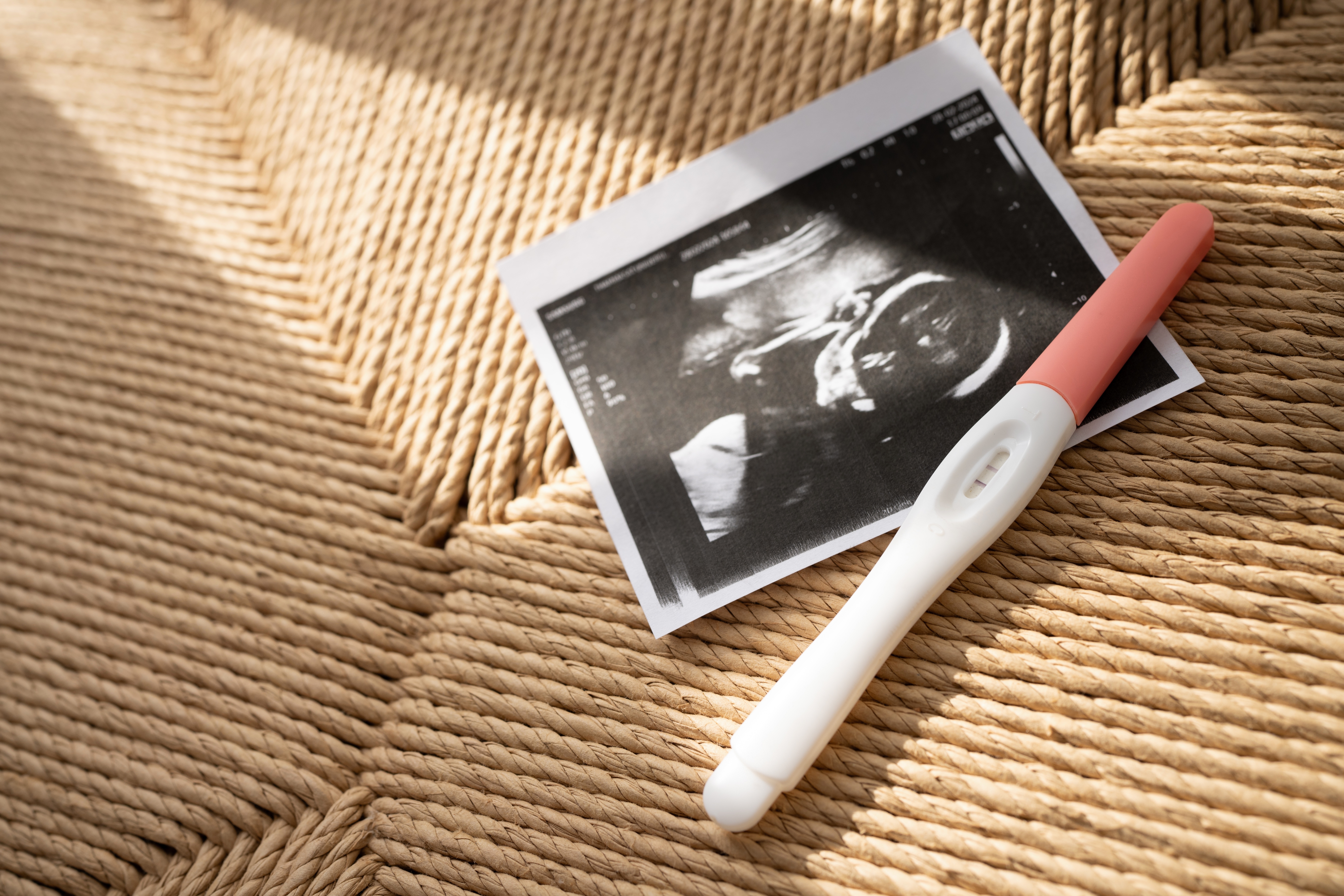
Discovering the possibility of pregnancy is an exciting yet nerve-wracking experience, especially when you’re keen to know before a test can confirm it. Many women claim to have felt their first pregnancy signs even before seeing that positive result, a testament to the subtle yet significant changes the body undergoes soon after conception. These early pregnancy symptoms, fueled by hormonal shifts like rising progesterone and HCG levels, can emerge just days post-ovulation. While these sensations might resemble premenstrual signs, understanding them can be an empowering step in predicting pregnancy. Join us as we explore these early indicators, offering insights and reassurance to help you navigate this intriguing phase with confidence and clarity.
The Biology Behind Early Symptoms
Hormonal Changes and Their Effects
After conception, your body rapidly adapts to support the developing embryo. Progesterone levels rise, preparing the uterus for implantation. Human Chorionic Gonadotropin (HCG), often called the pregnancy hormone, begins to increase. These hormonal shifts can trigger various physical and emotional changes, sometimes noticeable as early as 5-7 days after ovulation. However, it’s important to note that while these changes occur quickly, they may not be detectable on a pregnancy test until later. Understanding this biological process can help explain why you might feel different before getting that positive result.
Common Pre-Test Symptoms
Subtle Signs of Early Pregnancy
Many women report experiencing subtle changes before a pregnancy test turns positive. These early pregnancy symptoms can include mild cramping or twinges in the lower abdomen, often mistaken for menstrual cramps. Breast tenderness or a feeling of fullness may also occur due to hormonal fluctuations. Some women notice mood swings or unexpected emotional surges. An increased sense of smell or changes in taste preferences can be early indicators as well. Extreme fatigue that seems sudden or out of character is another common symptom. While these signs can be promising, it’s crucial to remember that they can also mimic premenstrual symptoms, making early detection challenging.
Why It’s Hard to Trust Early Signs
The Overlap with PMS
One of the challenges in interpreting early pregnancy symptoms is their similarity to premenstrual syndrome (PMS). Cramping, mood changes, and breast sensitivity are common to both pregnancy and the days leading up to menstruation. This overlap can make it difficult to distinguish between the two, especially if your cycle is irregular. Additionally, the anticipation of pregnancy can heighten awareness of bodily changes, potentially leading to over-interpretation of normal fluctuations. It’s important to approach these early signs with cautious optimism. Remember, the only definitive way to confirm pregnancy is through rising HCG levels, typically detected first in urine tests and later in blood tests if needed.
Confirming Your Suspicions
When and How to Test
If you’re experiencing potential early pregnancy symptoms, you may be eager to confirm your suspicions. Home pregnancy tests are most accurate when taken after your missed period, as HCG levels need time to build up in your system. However, some sensitive tests can detect pregnancy a few days before your expected period. For the most reliable results, consider testing first thing in the morning when your urine is most concentrated. If you get a negative result but still feel pregnant, wait a few days and test again. HCG levels double every 48-72 hours in early pregnancy, so a test taken too early might not detect the hormone yet.
Seeking Professional Guidance
When to Consult a Healthcare Provider
While home tests are convenient, consulting a healthcare provider can offer more definitive answers and support. If you’ve had a positive home test or are experiencing persistent symptoms, scheduling an appointment is a good next step. Healthcare providers can perform more sensitive blood tests to measure HCG levels quantitatively. They can also check progesterone levels, which are crucial for early pregnancy stability. These tests not only confirm pregnancy but can also provide valuable information about the progression of early pregnancy. Remember, healthcare professionals are there to support you through this journey, offering guidance and addressing any concerns you may have.
Trusting Your Instincts
Balancing Intuition with Facts
Many women report a strong intuitive feeling about being pregnant, even before tests can confirm it. While it’s important to balance these feelings with objective evidence, don’t dismiss your instincts entirely. If you feel different or just have a sense that you might be pregnant, it’s worth paying attention to your body and seeking answers. However, try to maintain a balanced perspective to avoid unnecessary stress or disappointment. Remember that every woman and every pregnancy is unique, so your experience may differ from others. Trust yourself, but also rely on medical guidance to navigate this exciting yet uncertain time.
Understanding Early Pregnancy Symptoms
Early pregnancy symptoms can be subtle yet significant indicators of conception. This section explores the scientific basis behind these early signs, the hormonal changes driving them, and how they can sometimes be mistaken for other conditions.
The Science of Early Signs
The earliest signs of pregnancy are rooted in complex biological processes that begin immediately after conception. These changes are primarily driven by hormones preparing the body for pregnancy.
Implantation, which typically occurs 6-12 days after ovulation, marks the beginning of many early pregnancy symptoms. As the fertilized egg attaches to the uterine lining, it can cause mild cramping and spotting, often mistaken for the start of menstruation.
The body’s rapid production of pregnancy hormones, particularly human chorionic gonadotropin (hCG), triggers many early symptoms. hCG levels double every 48-72 hours in early pregnancy, leading to increasingly noticeable changes.
Understanding these biological mechanisms can help women interpret their body’s signals more accurately, though it’s important to remember that every pregnancy is unique.
Hormonal Changes and Their Impact
Hormonal fluctuations in early pregnancy are responsible for many of the symptoms women experience. These changes begin almost immediately after conception and intensify as the pregnancy progresses.
Progesterone, often called the “pregnancy hormone,” rises rapidly after ovulation and continues to increase if pregnancy occurs. This hormone is responsible for:
-
Maintaining the uterine lining
-
Increasing body temperature
-
Causing fatigue and mood swings
Estrogen levels also rise, contributing to:
-
Breast tenderness and swelling
-
Nausea (morning sickness)
-
Increased blood flow
Human Chorionic Gonadotropin (hCG) is produced by the developing placenta and is unique to pregnancy. It’s responsible for:
-
Maintaining the corpus luteum
-
Triggering many early pregnancy symptoms
-
Being detected by pregnancy tests
Understanding these hormonal changes can help women make sense of the physical and emotional shifts they may experience in early pregnancy.
Symptoms Mimicking Other Conditions
Early pregnancy symptoms can often be mistaken for other conditions, making it challenging to determine if conception has occurred. This similarity to other health issues can lead to confusion and uncertainty.
Many early pregnancy signs, such as fatigue, mood swings, and breast tenderness, closely resemble premenstrual syndrome (PMS) symptoms. This overlap can make it difficult for women to distinguish between an impending period and early pregnancy.
Some symptoms may also mimic common illnesses. For instance, nausea and food aversions could be mistaken for gastrointestinal issues, while fatigue might be attributed to stress or lack of sleep.
It’s important to consider the context and timing of symptoms. If they persist beyond the expected start of menstruation or are accompanied by a missed period, pregnancy becomes a more likely explanation.
Common Symptoms Before a Positive Test
Before a pregnancy test can detect elevated hCG levels, many women experience a range of physical and emotional changes. This section details the common early symptoms that may occur before a positive test result.
Physical Changes You Might Notice
Early pregnancy can bring about subtle yet noticeable physical changes, even before a pregnancy test turns positive. These symptoms can vary widely among individuals and pregnancies.
One of the earliest signs is implantation bleeding, which occurs when the fertilized egg attaches to the uterine lining. This light spotting is often mistaken for the start of menstruation but is typically lighter and shorter in duration.
Breast changes are another common early symptom. Many women report:
-
Tenderness or soreness
-
Swelling or fullness
-
Darkening of the areolas
Fatigue is a prevalent early pregnancy symptom, often described as an overwhelming tiredness that persists despite adequate rest. This exhaustion is due to the body’s increased energy demands as it supports the developing embryo.
Frequent urination may also occur early in pregnancy, as the growing uterus puts pressure on the bladder. However, this symptom typically becomes more noticeable later in the first trimester.
Emotional and Sensory Shifts
Early pregnancy doesn’t just affect the body physically; it can also lead to significant emotional and sensory changes. These shifts are often subtle but can be noticeable to the woman experiencing them.
Mood swings are common in early pregnancy due to hormonal fluctuations. Women may experience:
-
Heightened emotions
-
Irritability
-
Unexplained crying spells
Sensory changes can also occur, with many women reporting:
-
Increased sensitivity to smells
-
Food aversions or cravings
-
Changes in taste preferences
Some women describe a feeling of “just knowing” they’re pregnant, often referred to as intuition. While not scientifically proven, many anecdotal reports suggest this sense of awareness can occur very early in pregnancy.
It’s important to note that these emotional and sensory changes can be subtle and may be influenced by the anticipation of pregnancy. However, when combined with physical symptoms, they can provide early clues to conception.
Navigating Uncertainty and Seeking Answers
The period between suspecting pregnancy and confirming it can be filled with uncertainty. This section addresses the challenges in interpreting early symptoms and provides guidance on when to seek professional medical advice.
Challenges in Symptom Interpretation
Interpreting early pregnancy symptoms can be a complex and sometimes confusing process. The subtlety and variability of these signs can make it difficult to distinguish between pregnancy and other conditions.
One of the main challenges is the similarity between early pregnancy symptoms and premenstrual syndrome (PMS). Many women experience breast tenderness, mood swings, and mild cramping in both scenarios, making it hard to determine the cause.
The timing of symptoms can also be misleading. Some women may experience pregnancy symptoms before a missed period, while others may not notice any changes until weeks later.
Individual variations in symptom experience add another layer of complexity. As shared in online forums, some women report unusual symptoms like vivid dreams or a metallic taste in their mouth, which aren’t typically listed as common pregnancy signs.
It’s crucial to approach symptom interpretation with an open mind and seek confirmation through reliable methods like home pregnancy tests or medical consultations.
When to Seek Medical Advice
While home pregnancy tests are highly accurate, there are situations where seeking medical advice is recommended. Understanding when to consult a healthcare provider can provide clarity and ensure proper care.
Consider seeking medical advice in the following situations:
-
You’ve had a positive home pregnancy test and want to confirm the results.
-
You’re experiencing severe symptoms like intense abdominal pain or heavy bleeding.
-
You have a history of pregnancy complications or medical conditions that may affect pregnancy.
-
You’ve had multiple negative home tests but are still experiencing pregnancy symptoms.
Materna can offer more sensitive tests, including blood tests that can detect pregnancy earlier than urine tests. We can also provide guidance on next steps and early prenatal care.



